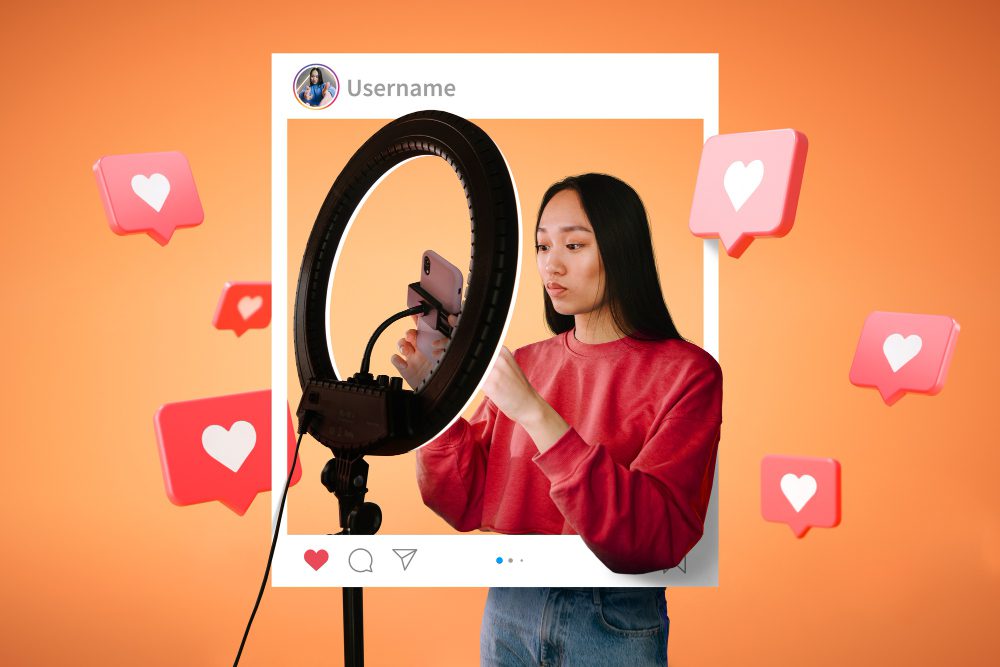How to Leverage Influencer Marketing to Expand Your Reach

Hello, and welcome to the Cognisus Marketing Solutions blog. This blog is all about helping businesses grow by making the most of modern digital marketing techniques.
In today’s post, we’ll look into one of the most effective strategies available to expand your business’s reach: influencer marketing. If you’re looking to boost brand visibility, credibility, and engagement, you’ve come to the right place!
What Is Influencer Marketing?
Influencer marketing is a strategy that involves collaborating with influential people, often individuals who have a large, dedicated following on social media or other platforms. These influencers use their platforms to promote your products or services to their audience.
Influencers have built strong relationships with their followers based on trust and authenticity. When an influencer recommends your product or service, their followers are more likely to take it seriously. This is one reason why influencer marketing can be so effective, as people tend to trust their favorite influencers more than traditional advertising.
Steps to Leverage Influencer Marketing Effectively
To make the most of influencer marketing, you must approach it strategically. Here are the key steps to successfully leverage influencer marketing for your business.
1. Build a Clear Partnership Strategy
As with any business strategy, before reaching out to influencers, it is important to define what it is that you want to achieve with an influencer campaign:
- What are you trying to achieve with this specific strategy? How does influencer marketing fit into the broader marketing strategy?
- What are your specific goals (brand awareness, increase sales, engage with a new audience)?
- What does a successful influencer campaign look like? How is success to be measured?
- Define your goals and collaborate with the influencer to develop a campaign. You need a mutually agreeable campaign and alignment on what the campaign will look like and how it will roll out. The influencer knows their audience and how the content needs to be communicated.
Once your goals are clear, consider how you want to collaborate with influencers. Will you offer them free products, pay them for sponsored posts, or give them affiliate links to earn commissions? Be transparent and set expectations up front to ensure both parties are on the same page.
2. Identify the Right Influencers for Your Brand
The first step is to find influencers who align with your brand’s values and target audience. Not all influencers will be a good fit.
Look for those who:
- Have a following that matches your ideal customer profile.
- Share content that resonates with your brand.
- Have high engagement rates rather than just large follower counts.
For example, if your business sells cosmetics, it would only make sense if you collaborate with beauty and fashion influencers rather than food bloggers. Micro-influencers (those with smaller but highly engaged followings) can be just as, if not more, effective than celebrities in driving results.
3. Create Compelling Campaigns
For an influencer campaign to succeed, the content they share needs to resonate with their audience. Collaborate with the influencer to create authentic, engaging content that feels natural and true to their voice.
Encourage influencers to use your products in a way that fits their personal brand. Whether it’s through unboxing videos, tutorials, or behind-the-scenes looks at your product, the more relatable and organic the content, the better. Avoid overly scripted or “salesy” language, as audiences can spot inauthentic content from a mile away.
It’s always better to give the influencer creative freedom to create their content instead of suggesting they stick to your script.
4. Build Long-Term Relationships
Influencer marketing shouldn’t be a one-off strategy. By building long-term relationships with influencers, you can foster brand loyalty and create ongoing opportunities for collaboration. Influencers who genuinely believe in your brand can become powerful advocates, continually amplifying your message.
5. Track and Measure Performance
Finally, it’s important to track and measure the performance of your campaigns to determine whether influencer marketing is working for your business. Look at key metrics such as engagement rates, website traffic, and conversions.
Many influencers provide analytics from their campaigns, but it’s also a good idea to set up tracking links or specific promo codes to measure sales directly attributed to the influencer’s efforts. This allows you to assess ROI and adjust future campaigns accordingly.
Looking to boost your brand’s reach with influencer marketing? At Cognisus Marketing Solutions, we specialize in creating strategies that maximize your brand’s potential. Contact us today to see how we can help!
In the upcoming blog, we’ll look into what a truly holistic digital marketing strategy looks like and why it’s essential for long-term success.
